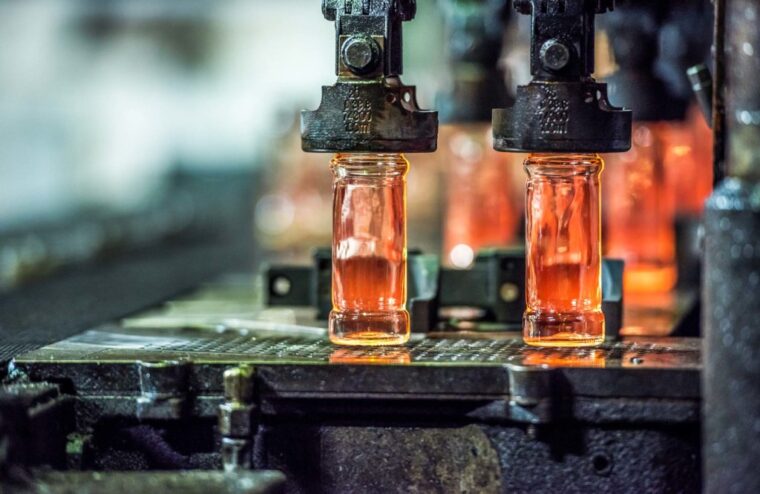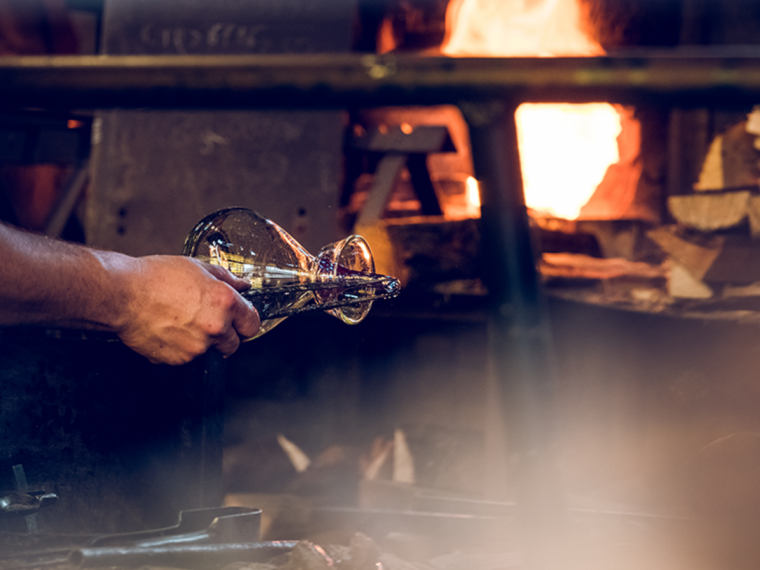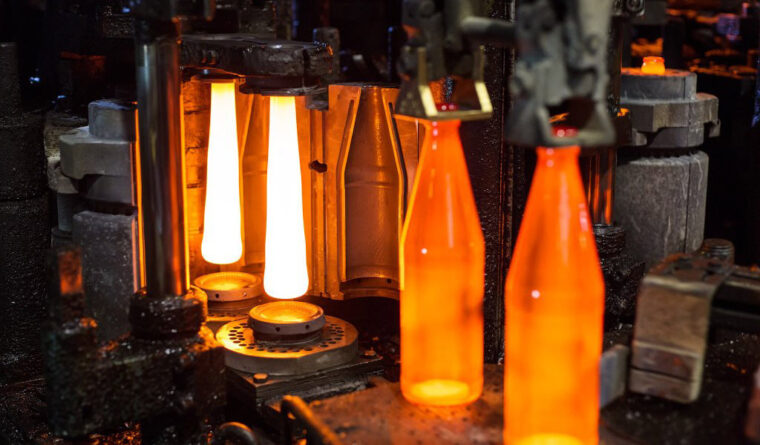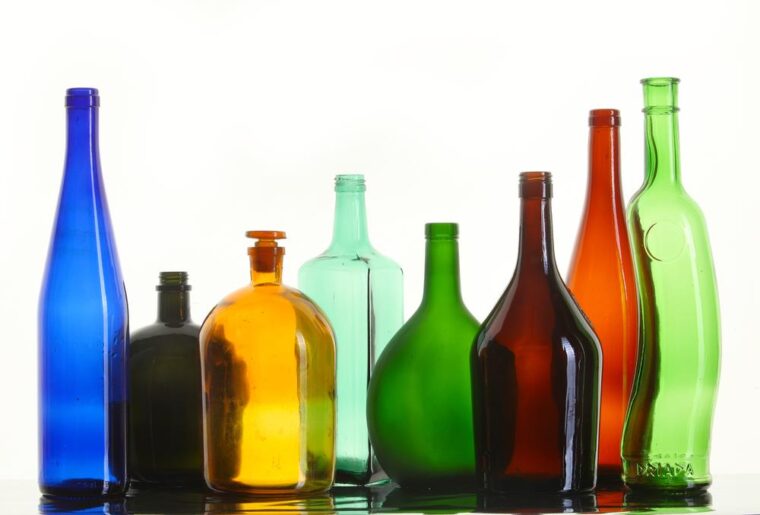Glass bottle manufacturing is a complex and intricate process that requires specialized machinery to produce high-quality bottles efficiently. Glass bottles are used extensively in various industries, including food and beverage, pharmaceutical, and cosmetic, and play a crucial role in preserving and transporting liquids.
The machinery used in glass bottle manufacturing includes batch house equipment, furnaces, forming machines, annealing lehrs, inspection machines, decorating machines, and packaging machines. Each type of machinery serves a unique purpose in the manufacturing process, ensuring that the final product meets the required standards.
A glass bottle manufacturer needs to have a comprehensive understanding of the machinery involved in the manufacturing process to produce high-quality bottles efficiently. They must also have a keen eye for detail and a commitment to quality control to ensure that each bottle meets the required specifications.
With advancements in technology, manufacturers can now produce bottles in various shapes, sizes, and designs, making glass bottles more versatile than ever before. As the demand for sustainable and eco-friendly packaging solutions grows, glass bottle manufacturing is poised to play an increasingly important role in the packaging industry.
Batch House Equipment

The first step in glass bottle manufacturing is the preparation of raw materials, which includes sand, soda ash, limestone, and other additives. The batch house equipment is responsible for weighing and mixing these materials to create a batch of glass. This equipment includes silos, conveyors, hoppers, and mixers.
Furnaces

The next step is melting the raw materials in a furnace to create molten glass. Furnaces are the heart of the glass manufacturing process and come in different types, such as regenerative, recuperative, and electric. The furnaces are designed to reach and maintain high temperatures, typically above 1500°C.
Forming Machines

After the molten glass is produced, it is formed into a bottle using forming machines. These machines include blow-blow, press-blow, and press-and-blow machines, which shape the molten glass into a bottle by using compressed air to blow it into a mold. These machines can produce bottles in different shapes and sizes.
Annealing Lehrs
Once the glass bottle is formed, it needs to be cooled slowly to prevent it from breaking due to thermal shock. The annealing lehr is a long oven that cools the bottle gradually to room temperature, a process that can take several hours or even days. The annealing process helps to remove any stresses in the glass, making it stronger and more durable.
Inspection Machines
Quality control is an essential aspect of glass bottle manufacturing. Inspection machines are used to check the bottles for defects such as cracks, bubbles, and other imperfections. These machines use various techniques such as X-ray inspection, laser scanning, and visual inspection to ensure that the bottles meet the required standards.
Decorating Machines

Decorating machines are used to add designs and logos to glass bottles. These machines can apply labels, coatings, or direct printing to the bottles. Decorating machines can also be used to create special effects such as embossing, frosting, or color gradients.
Packaging Machines
The final step in glass bottle manufacturing is packaging the bottles. Packaging machines can fill, cap, label, and pack the bottles into boxes or pallets. These machines can handle different types of bottles, caps, and labels, making the packaging process more efficient.
Conclusion
The machinery used in glass bottle manufacturing plays a critical role in producing high-quality bottles efficiently. From the batch house equipment to the packaging machines, each step of the manufacturing process requires specialized equipment. By understanding the different types of machinery used in glass bottle manufacturing, we can appreciate the complexity and precision required to create the bottles we use every day.
